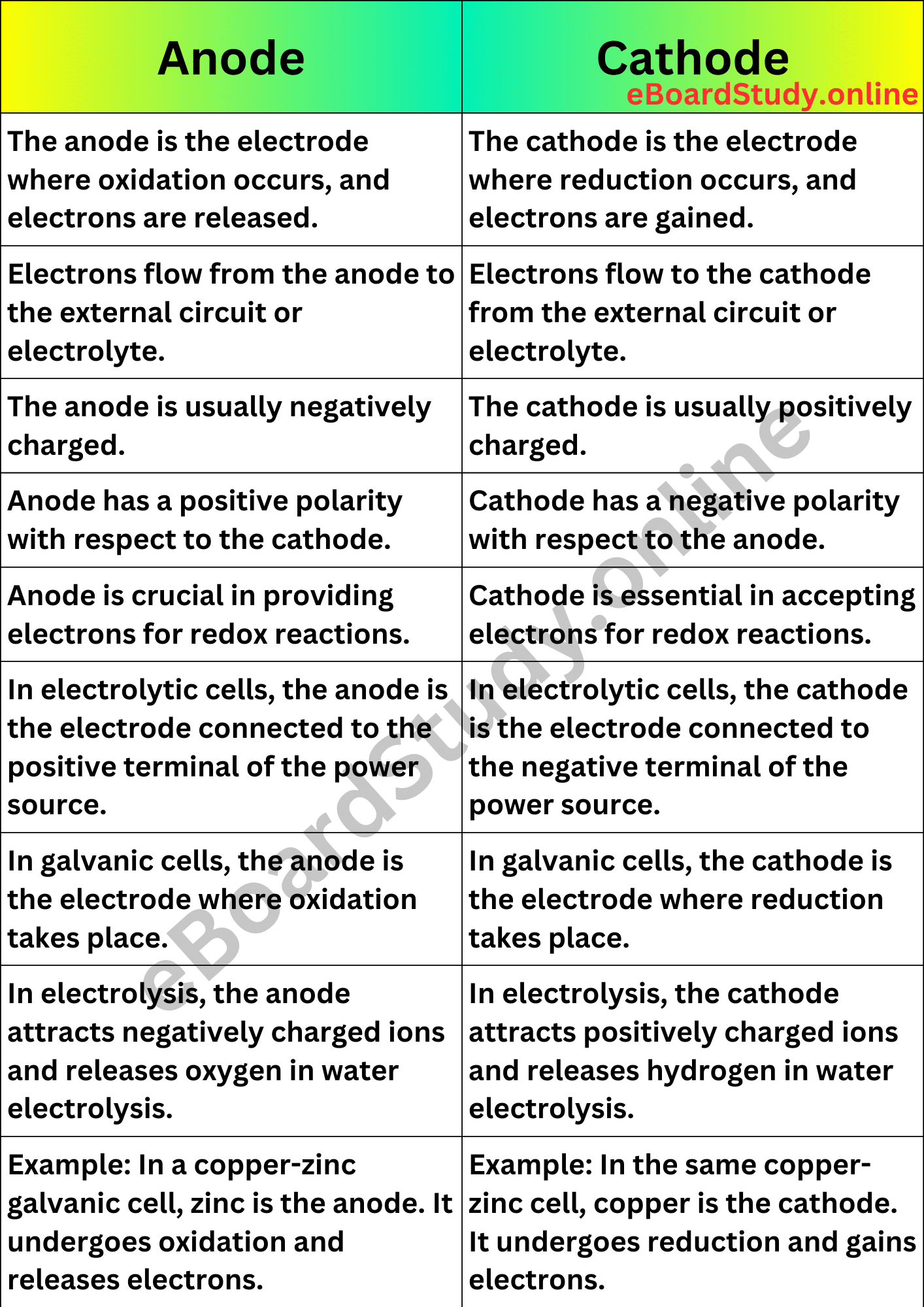What is end correction ? State the cause of end correction. How is it estimated ?
Sound waves are reflected at the ends of a narrow, closed, or open pipe when they are sent down the air column, with no phase reversal at the open end and phase reversal at the closed end. Under the proper circumstances, interference between the incident and reflected waves produces stationary waves in the air column. … Read more



